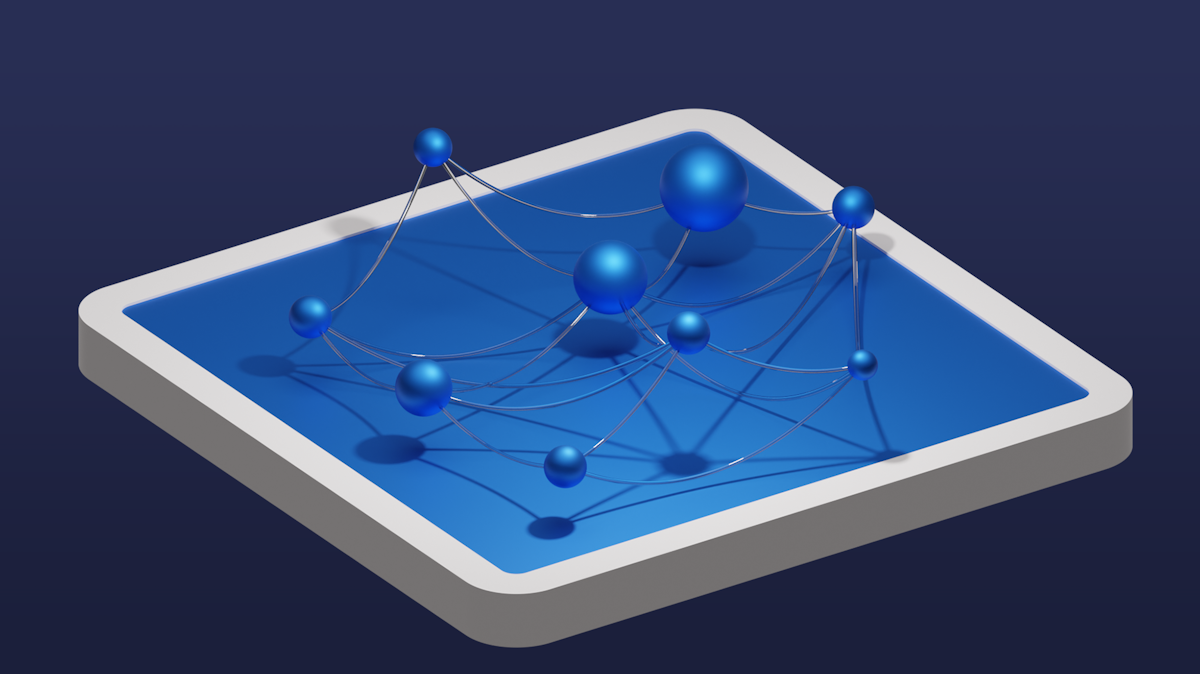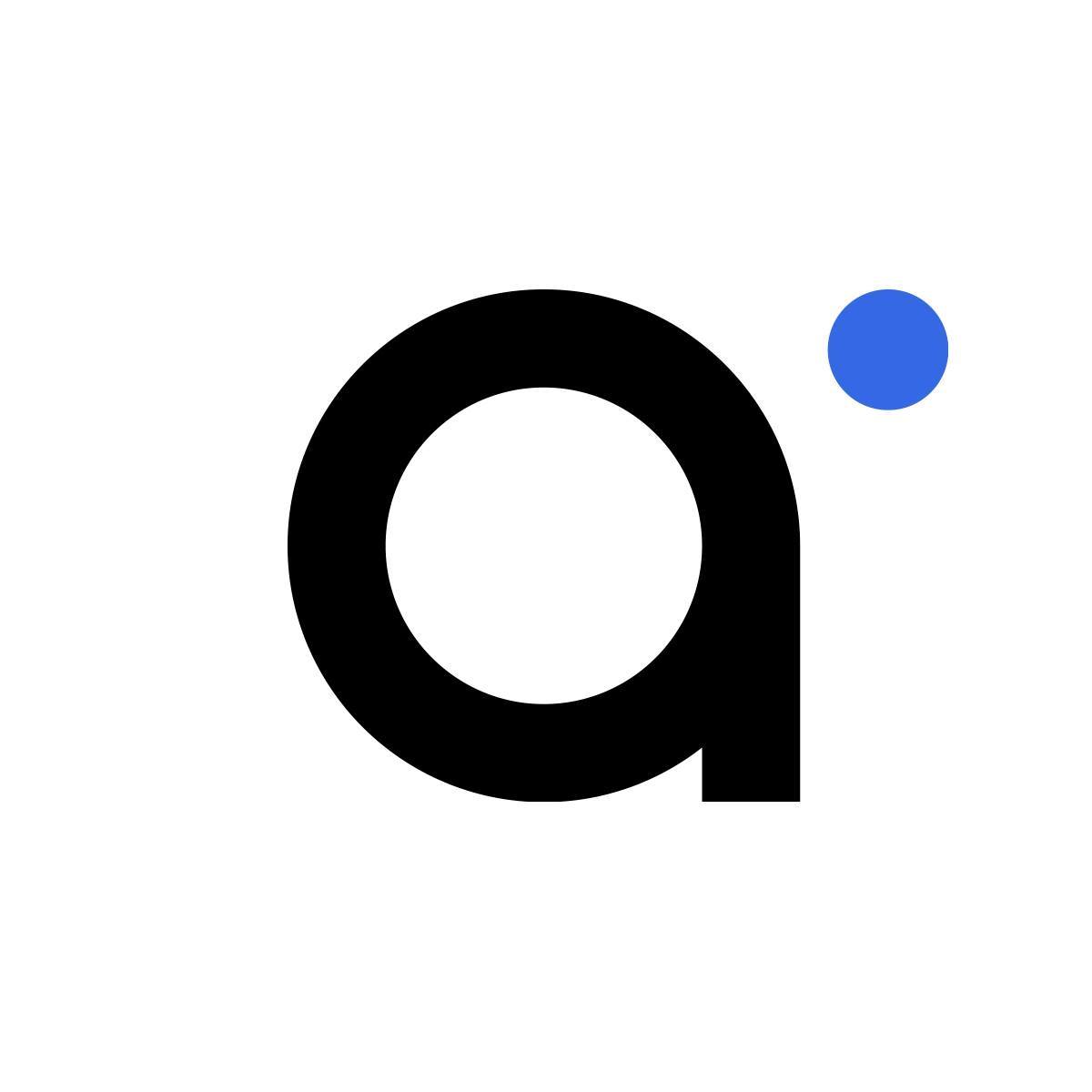What is DeFi?
DeFi is short for Decentralized Finance. It means financial services that work with smart contracts without third-party intervention. Today, DeFi is on the menu. You will have heard of it, but what exactly does it mean? That's what we're going to talk about in this lesson.
Brief summary
✔️ DeFi stands for Decentralized Finance and is a term from the cryptocurrency world that refers to financial services, which operate without third-party intervention.
✔️ On a Defi platform, you can save, borrow, lend, staker and take insurance for something without any central authority allowing or forbidding it.
✔️ Smart contracts are contracts that set out terms to which you must agree if you want to enter into them.
✔️ Smart contracts generally work much faster and cheaper than traditional finance offers.
What is DeFi?
DeFi is a term from the cryptocurrency world and he stands for Decentralized Finance.
Then the question quickly arises as to what centralized finance is. These are the traditional financial institutions, such as banks, insurance companies, mortgage lenders and other intermediaries.
By decentralized, then, is meant without the intervention of said third parties. So with DeFi, you can borrow, lend and purchase or offer all other traditional financial services without any central authority allowing or forbidding you to do so.
How does DeFi work?
If you want to take out a loan you normally go to a financial institution. If you do it through DeFi want to do, you go to an exchange platform where supply and demand also come together. For example, there are people on a DeFi platform who are quite willing to lend you money, provided they get it back and benefit themselves. They won't ask you for your BKR registration, but almost always for collateral. If you don't pay back, your collateral is forfeited.
DeFi and smart contracts
But how can you arrange such a thing on some platform online? You can't consult or transmit your own terms to the other person if you meet on an impersonal platform without the possibility of communication. They have found a way around that.
They work on these platforms with smart contracts. These are contracts that lay out terms that you have to agree to if you want to enter into it. So how does a smart contract work?
In its simplest form, a smart contract is a sales machine at the train station. The terms are fixed. You have to put in x amount of money and then a y product rolls out that you choose by keying in a code, after you put in enough money.
DeFi and collateral
It works the same way with DeFi platforms. If you want to borrow cryptocurrency x, you have to put in a certain amount of collateral of coin y and then you are allowed to borrow x for a certain amount of time. After that time, the smart contract says you have to return x plus some interest, after which you get your collateral back. If you violate the condition of borrowing, the smart contract will forfeit your collateral (sometimes partially), all automatically.
Reason popularity DeFi
These types of smart contracts generally work much faster and cheaper than traditional finance providers, and these DeFi platforms have become very popular in a short period of time. They also often use stablecoins on DeFi platforms.
Another big advantage of DeFi is that it has no borders. So it's quite possible to borrow from someone in Greece or Brazil, as long as you stick to the smart contract. And it doesn't cost a sheet of paper.
What do you use DeFi for?
You have a lot of options when it comes to DeFi. You can save, borrow, lend, staker, take out insurance for something, in fact you can do pretty much everything there that you can also do with traditional financing. And for a fraction of the normal price.
Strikes at DeFi
By staking, you get interest on your deposited coins. So it is not lending, but proof of stake proceeds. After the stipulated period you get back the original amount plus interest. If the interest rates you get are very high you will have to ask yourself if this is sustainable. For example, Time Wonderland gave you such high interest rates that this was not sustainable, a kind of pyramid scheme.
When you lend you stole cryptocurrency on a platform, then lent it to others through a smart contract. When the contract runs out you get the loan plus interest back. Well-known platforms for this are Aave and Compound.
DeFi and DEX
Very well known are the decentralized exchanges (DEX). Also somewhat notorious. That's because it can be very complicated to do anything there. Well-known names are UniSwap and PancakeSwap. Here you can exchange (swap) coins with others, staker, buy, sell and much more.
If you want to get started here, you have to know what you are doing well, because you quickly make mistakes with contracts of coins, networks that have coins on them or (gas) fees. Moreover, a DEX running on Ethereum, such as UniSwap, very expensive in transaction fees because of Ethereum's high gas fees.
A little bit of advice for those interested in trading on a DEX: if you are not going to bet large sums of money, trading on an Ethereum DEX is pointless. You will lose more money with fees than you can ever gain with coins, unless you get a diamond tip. Try PancakeSwap or something then, it works with much lower fees, but even then you have to read up well. Start with very small amounts.
Other DeFi opportunities
Another possibility is liquidity mining. Here you get interest for providing liquidity to other users. Related to this is yield farming, where you lock in tokens and a kind of robot searches for the best return for your investment by shopping for the best prices at other DeFi platforms.
There are also peer to peer marketplaces, where you trade directly with another person for items that people want, such as a NFT on OpenSea.
What is the future of DeFi?
There has been a real hype in the field of DeFi. Coins went up dozens of times and the trees grew to the sky.
The storm has subsided somewhat now, but DeFi is still a very large market.
Once the teething problems are cured, such as bugs in smart contracts and decentralized rotten apples are worked out, it will be seen whether this market will be able to hold its own.
Clearly there is a need for financing without intermediaries, so this will not go away anytime soon. Therefore, the prediction is that pearls will do very well, although the hype is now over.

